The Top 7... Japanese games that absolutely need to be localized for the west
Seriously, what's taking so long?
Just release it here already
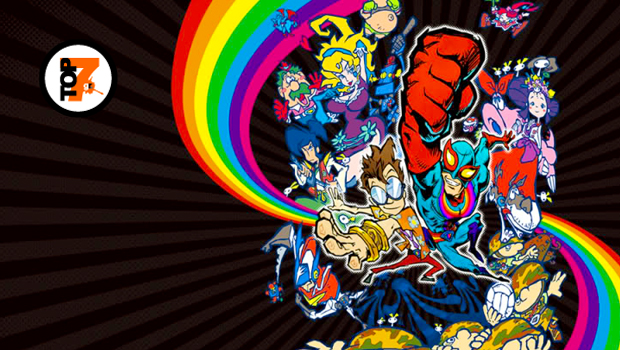
In 2012, most games released in Japan end up making their way to the US and UK--its rare that a big-budget title isnt also localized and pushed out in the two largest gaming territories in the world. Sure, we still miss out on some dating sims, horse racing sims, and JRPGs, but its pretty much a sure bet that anything that would sell in the states will be sold in the states.
Sometimes, however, things slip through the cracks. Licensing will keep certain titles tethered to Japan, while other games end up being released on less popular systems and, thus, never make their way out of the Land of the Rising Sun. So now, with Tokyo Game Show beginning later in the week, we celebrate these games--and beg for their release.
7. Miles Edgeworth 2 (Gyakuten Kenji 2)
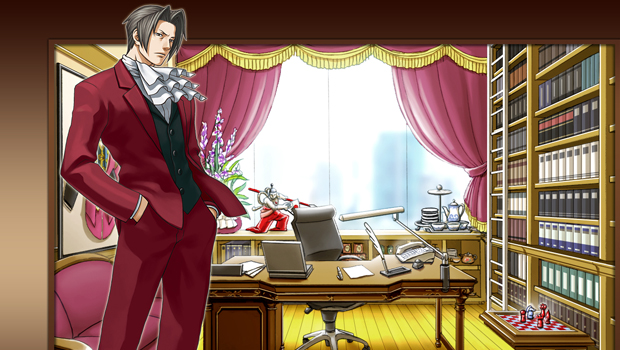
It was a welcome change to finally break out from the confines of the stuffy courtroom and solve cases on the fly in Ace Attorney Investigations: Miles Edgeworth, and we were keen to see more. Two years ago, Japan--and Japan alone--did get more. This needs to change. This needs to change badly.
The esteemed prosecutor, known for his condescension, cold demeanor, and velvety purple suit, was always the ruthless opponent in previous Phoenix Wright games. Unlike the Phoenix Wright games, Ace Attorney Investigations was in the third person, allowing players to literally step into the shoes of Miles. That said, the game was still fairly similar in terms of gathering evidence and doing a fair bit of finger pointing, making it a wonderful addition to the series.
6. The Secret of Mana 2 (Seiken Densetsu 3)
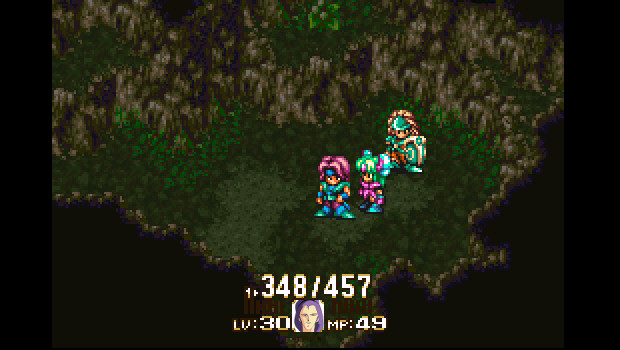
We've been waiting for Seiken Densetsu 3 (or Secret of Mana 2, as it would be called) to come to North America since the 16-bit days, when we heard there was a direct sequel to Secret of Mana in Japan. As of now, the only way to get your hands on it is by hunting down the fan-translated version through less-than-legal means.
Seiken Densetsu 3 is a dense action-RPG that lets players choose their three-character party from a list of six heroes and embark on a quest to save the Mana Tree. Each character (which includes an orphaned mercenary, a beastman, a princess from a kingdom of magicians, a cleric, and a thief) has a unique origin story, combat abilities, and class progression. Between the multitude of class options, character paths, and hidden secrets, every playthrough can be a different sequence of events, making every player's adventure distinctive. Sadly, we havent gotten to experience any of these options, paths, secrets, or playthroughs--on the up-and-up, at least.
5. Captain Rainbow (Kyaputen Reinb)
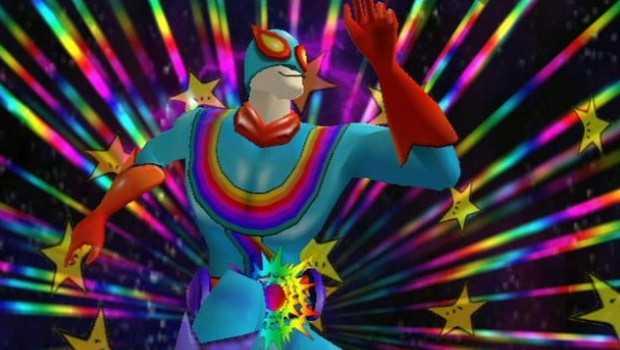
In its earliest days, Nintendo was very selective about what games would come to the US and Europe, but by the time the Wii rolled onto store shelves, virtually every game got an international release, especially if Nintendo published it. But a few Wii games were such a slice of good, old-fashioned Japanese weirdness that Nintendo has kept them locked away on their home shores. Thats clearly the case with Captain Rainbow, an adventure game that took a humorous look at the forgotten characters of Nintendos pantheon.
Weekly digests, tales from the communities you love, and more
Created by Skip, a dev team mostly known for Nintendo downloadables, Captain Rainbow is a humorously bizarre take on Nintendo nostalgia. Overlooked characters from titles as diverse as Advance Wars, Zelda, and Punch-Out!! all look to Captain Rainbow for help, which he achieves with fabulous results. Most interesting of all is Birdo, whose confused gender is played for laughs in a way thats both clever and likely the reason it never left Japan.
4. Final Fantasy: Type-0 (Fainaru Fantaj Reishiki)
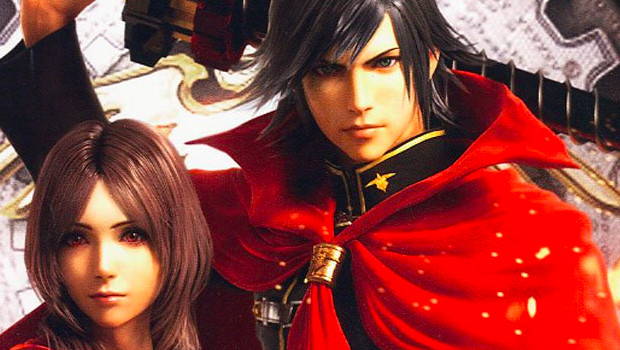
Spin-offs to Square Enixs flagship franchise can be hit (Kingdom Hearts) or miss (Dirge of Cerberus), but this one might be the best yet--which makes it that much more of a shame that the rumored English release hasnt yet materialized. Teased in 2006 and debuting on PSP in 2011 to critical acclaim (including a highly sought-after 39/40 score from Japanese gaming magazine Famitsu), were certain that wed prefer Type-0 over another FFXIII sequel any day.
Like Crisis Core, the visuals are among the best the PSP can produce, with a grittier style compared to most other FF titles. Instead of the typical four-ish party sizes in most Final Fantasy games, Type-0 has you traveling in a twelve-strong posse of magic-wielding students called Class Zero--and theyre all A-grade awesome. Each has their own special traits and weapon choice; for instance, main character Ace does his best Gambit impression with a mystical deck of cards, slicing and dicing enemies in the action-based party combat. Fingers crossed that Square Enix will consider an international PS Vita port so we can see just what weve been missing.
3. Elite Beat Agents 2 (Moero! Nekketsu Rhythm Damashii Osu! Tatakae! Ouendan 2)
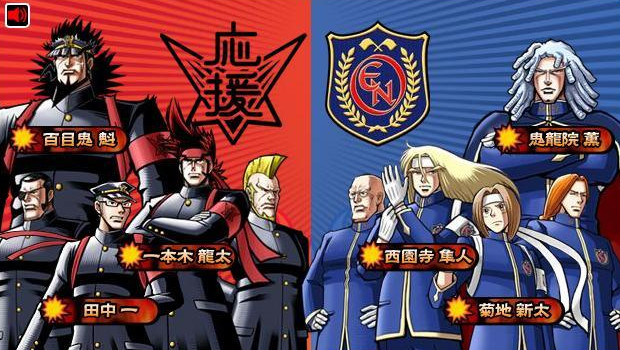
The DS is far from a one-trick pony. There were brain teasers, jogging programs, and rhythm games that remade the genre in fun new ways. Such was the case with the first Ouendan, a game where male, Japanese cheerleaders sang songs to help people reach their strange goals. Remade as Elite Beat Agents using English-language pop, it translated into a great game, which makes the international absence of the sequel a mystery.
Were Nintendo to localize this sequel now, we wouldnt even want the American songs. Keep the catchy Japanese soundtrack and the wacky level goals; thats all we need to enjoy fervently tapping the bottom screen to the beat.
2. Valkyria Chronicles III (Senj no Valkyria 3: Unrecorded Chronicles)
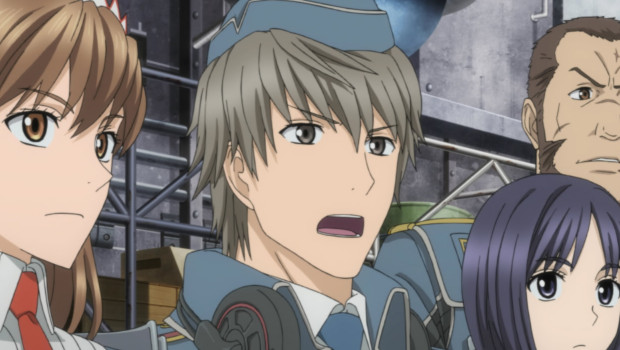
Though it started its life on the PlayStation 3, the Valkyria Chronicles series found great success when the second game graced the PlayStation Portable in 2010. Its PSP sequel, Valkyria Chronicles III, continued the strategy role-playing hybrid formula to great effect, but, unfortunately, only if you import it and can read Japanese.
The Valkyria Chronicles games take place in a Europe-like land called Gallia during a massive war in 1935. Throughout the series, the gameplay is driven by the BLiTZ System (Battle of Live Tactical Zones) that gives you the option to choose between an overhead view of skirmishes, but can also drop down to an invididual view for fights. This sequel takes place between the last two games, and weds the best of both worlds into a stout late-cycle PSP title that wed love to see grace systems outside of Japan. Wed even take a digital-only version if it meant getting our hands on this one, and with the Vita wanting for more games, we cant help but think the solution is staring us right in the face. Hopefully its staring at Sega, too.
1. Earthbound 2 (Mother 3)
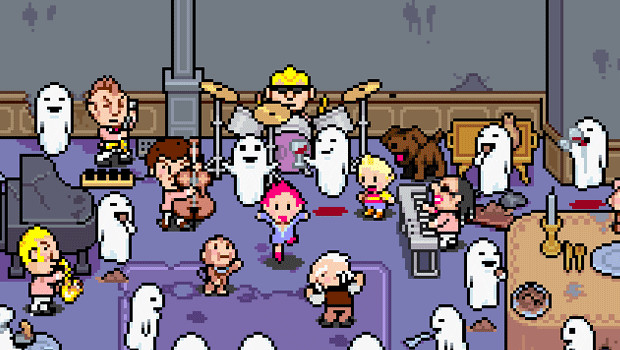
Earthbound has found a home on our top 10 RPG and best games of all time lists, so its no wonder that its Japan-only sequel, Mother 3, would be mentioned in any discussion regarding missed localization opportunities. Unlike others on this list, weve actually played through this amazing RPG. Weve enjoyed the dark, but remarkably funny story of Lucas as his quaint town is ruined by an invading force.
As such, our praise isnt speculative: We can confirm that it is, without a doubt, one of the most touching, beautiful RPGs weve ever played. And theres a good chance youll never play it. Also unlike most games on this list, the fervor surrounding the quirky JRPG is such that fans have taken it upon themselves to create an English translation for the game (and its not that hard to find, actually). Regardless, we still hold out hope that, one day, Nintendo will find an excuse to localize Mother 3, and to bring the Earthbound sequel to the states so it can be enjoyed by the masses.
We might never get to play any of these games
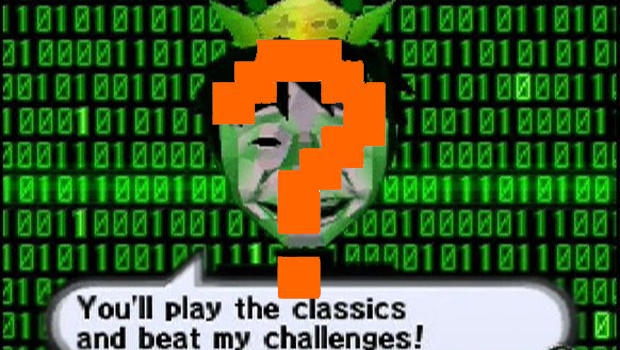
There are, obviously, more Japanese games that haven't (and won't) make their way overseas, but these are the ones we want to play the most. What about you? What games from Japan do you want to see released where you live? Let us know in the comments below!
And if you want to read about more games you can't play, check out the top 7 cancelled games we wish we could play and the top 7 games we hope aren't cancelled.
GamesRadar+ was first founded in 1999, and since then has been dedicated to delivering video game-related news, reviews, previews, features, and more. Since late 2014, the website has been the online home of Total Film, SFX, Edge, and PLAY magazines, with comics site Newsarama joining the fold in 2020. Our aim as the global GamesRadar Staff team is to take you closer to the games, movies, TV shows, and comics that you love. We want to upgrade your downtime, and help you make the most of your time, money, and skills. We always aim to entertain, inform, and inspire through our mix of content - which includes news, reviews, features, tips, buying guides, and videos.


